How the world works and where it's heading: 6 books for understanding modernity
Here's a true story from the '80s: Parker, the pen company, was trying to create a universal ad campaign and a standardized pricing model for the global market. But globalization doesn't mean uniformity. On the contrary, it amplifies fragmentation and the rise of subcultures, meaning one-size-fits-all strategies just won't cut it. In the end, the company had to sell off one of its divisions to pay off its debts. This inglorious end to their “revolutionary” initiative came down to a single factor: the marketers didn't grasp how the modern world actually works.
Understanding the fundamentals of today's world is critical, but good luck finding a course on that in a high school or university. That leaves self-education as your best bet. I've selected six fascinating and essential books that have taught me a lot about the present and the future — and I hope they'll do the same for you.
Alvin Toffler: The Trilogy — Future Shock, The Third Wave, Powershift
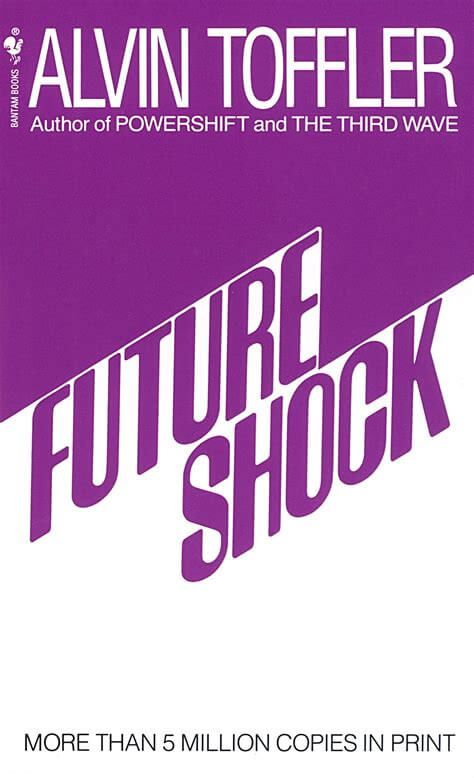
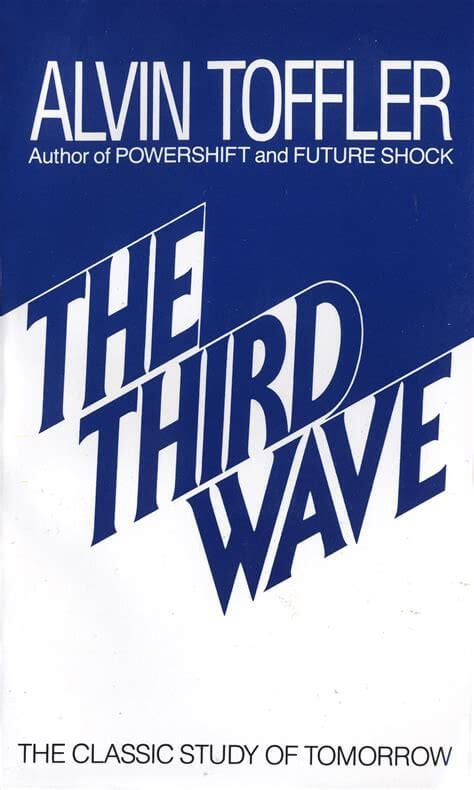
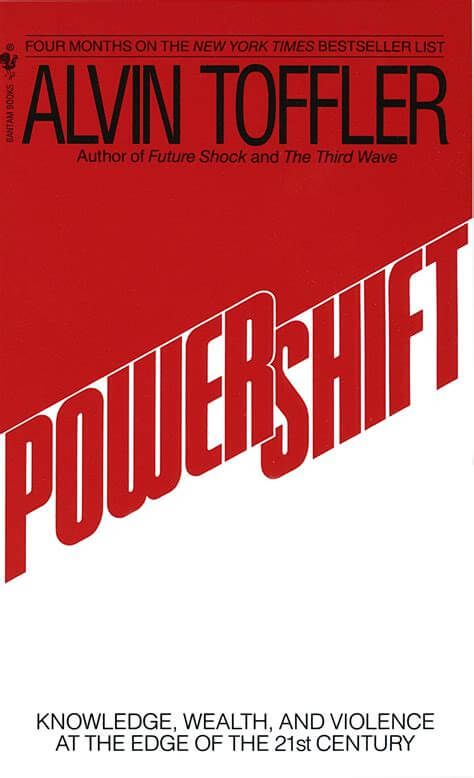
Toffler was a futurist who became a legend in his own time. Between 1970 and 1990, he wrote three monumental books laying out his vision of a post-industrial society. Despite their weight, they're surprisingly easy to read: Toffler uses uncomplicated language to explain the mechanics of a world that was his future — and is now our present.
Why I recommend it: Even when Toffler doesn't get every tiny detail of the future exactly right (which happens here and there), it's hard not to shout, "YES! Exactly, Alvin, you nailed it!" as you read. And once the initial wave of emotion passes, you're left with the thought: "Ah, so that's how it works".
What's interesting and useful: The era of the "factory smokestack" is gone for good. It's been replaced by a new post-industrial world ruled by information, not capital — and it's far from its final form. Toffler's books deal with processes that began in the 1950s and won't be completed for another 10 to 30 years. What's happened to our pace and way of life? How have human relationships and organizational structures changed? Why has the world become so fluid, and how can we cope with the whirlwind of change? All the answers are here.
If committing to all three books seems daunting, just read The Third Wave. It's where Toffler gives the most attention to the mechanics of the modern (to us) world and the direction of change. Future Shock focuses more on the processes and consequences of transformation, while Powershift delves into the shifting power dynamics of governance and management.
Kevin Kelly: The Inevitable
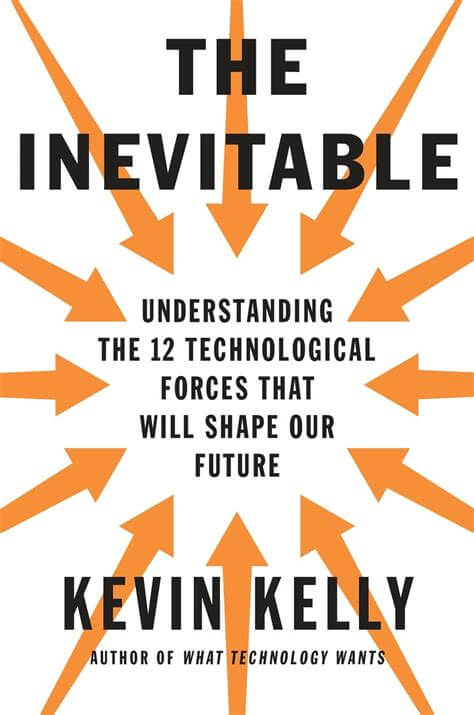
The full title is The Inevitable: Understanding the 12 Technological Forces That Will Shape Our Future. In it, Kelly — a futurist and co-founder of the iconic tech magazine Wired — explains how technology is reshaping the world and what that means for the future.
Why I recommend it: While Toffler paints the big picture, Kelly zooms in on specific manifestations of global trends. The book's main strengths are its engaging language, relatable examples, and actionable insights.
What's interesting and useful: It's your chance to understand why owning things is becoming obsolete, how text-based logic is fading, and why the issues of surveillance and privacy are sparking new debates every month. And that's only scratching the surface.
Jacques Le Goff: The Birth of Europe
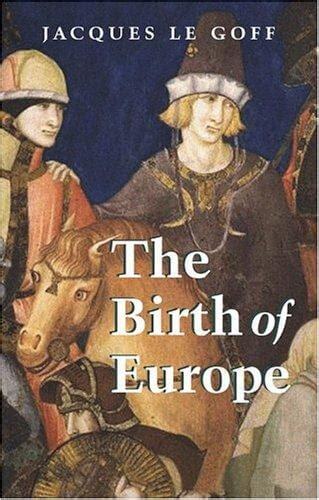
A book by a French historian may seem out of place here, but there's a simple explanation: the roots of the present and the future lie in part in the distant past. The processes that unfolded in medieval Europe shaped our current way of thinking and laid the foundation for modern worldviews.
Why I recommend it: Forget the way history was taught in school — Le Goff relies on facts, but presents them with a playful touch that makes his book more like an engaging narrative than a dry academic tome.
What's interesting and useful: By tracing Europe's development, we can see why we value progress, growth, and profitability. How did pilgrims' shelters pave the way for democracy? What links medieval city gates to European integration? The answers lie in history, and Le Goff makes discovering them a joy.
Marshall McLuhan: Understanding Media
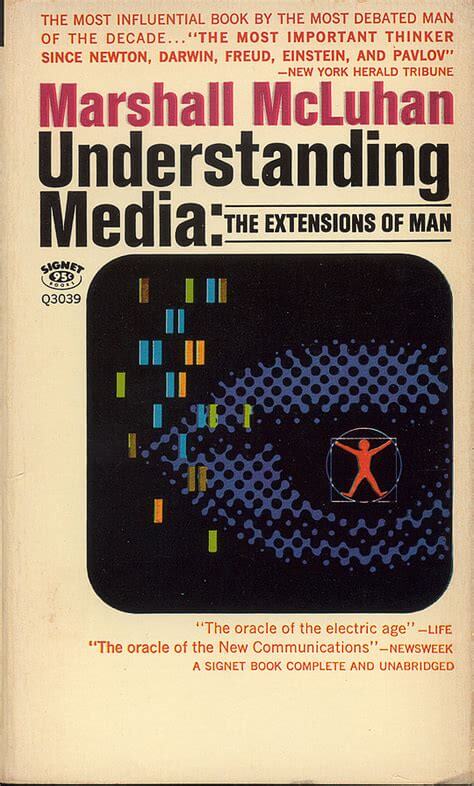
McLuhan's work is partly controversial, yet this cultural philosopher uncannily captured the essence of the internet age and its underlying laws. What's even more amazing is that this book was written half a century ago, when "electronic media" referred to telephones, radio, and television. But McLuhan identifies trends so far-reaching that you could replace "electronic media" with "the internet" and it still fits.
Why I recommend it: For me, this is the most challenging book on the list. McLuhan's thoughts can feel like a dense and thorny forest, but the effort is worth it. In today's internet-centric world, his insights on media are crucial.
What's interesting and useful: With the advent of electronic communication, the world has become a "global village". McLuhan explains how media shape our worldview and alter the messages they carry, why the internet can be considered an extension of the human brain, and how "hot" media differ from "cool" media.
This article was first published in 2020.